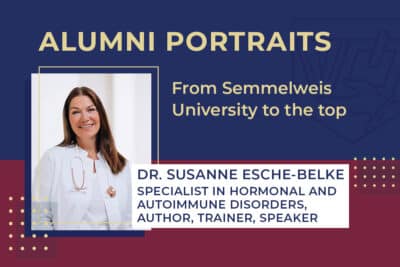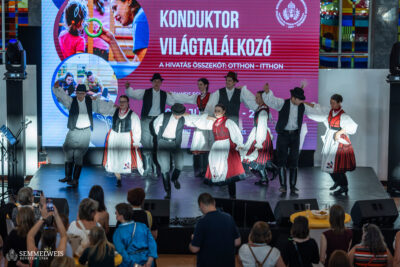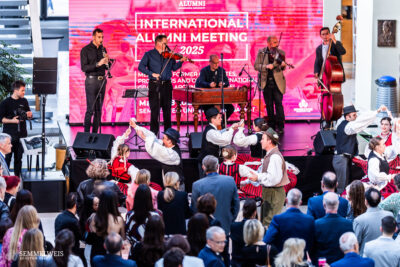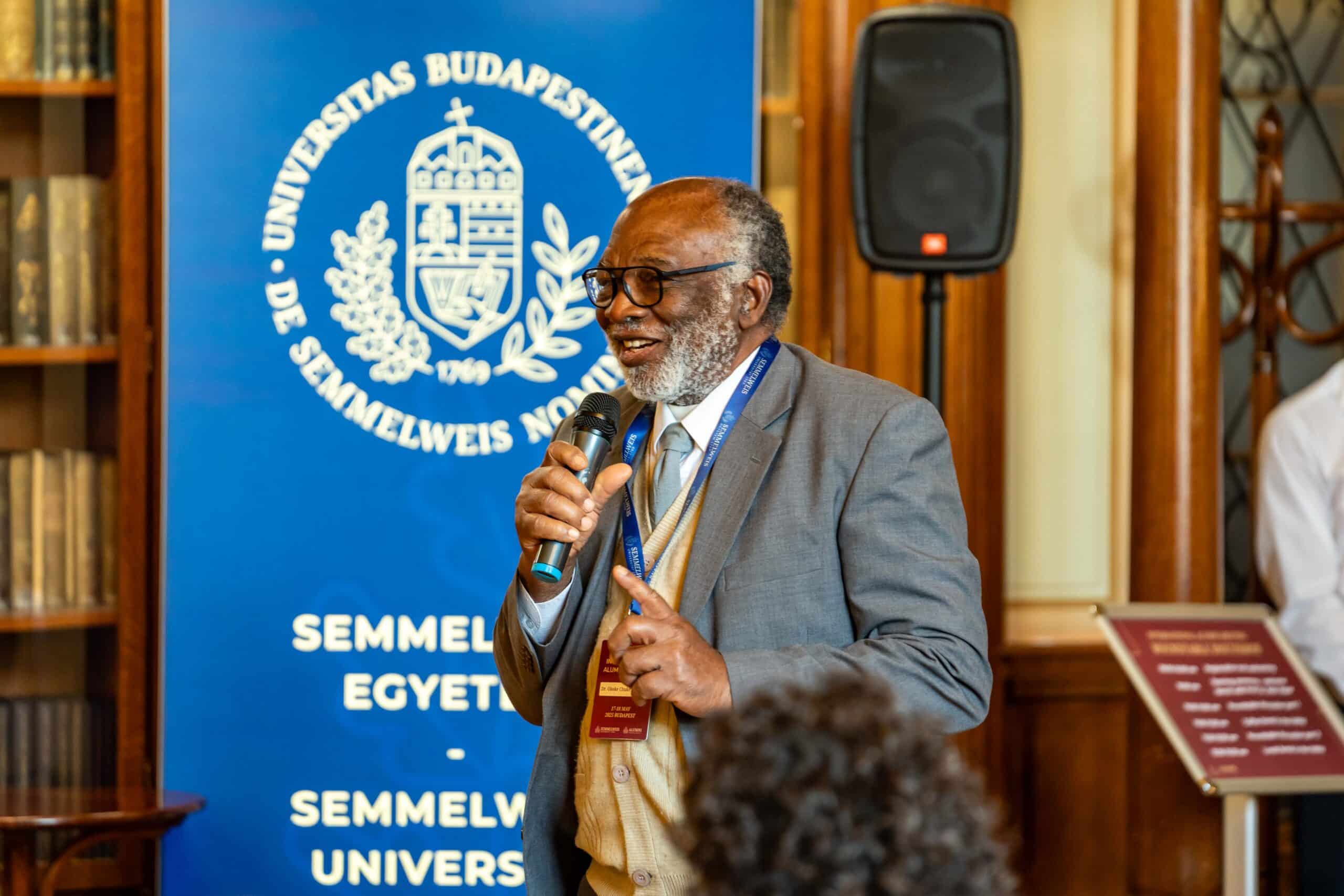
When did you realize you wanted to become a traumatologist?
To be frank, I believe I’ve always had a natural talent for fixing and repairing things. When I was a child, I used to repair old radios, make light sources from used batteries, and even build chairs and tables.
We would love to hear about your experience in Hungary.
Coming to Hungary was truly divine providence. I arrived in 1965 through a Trade Union Scholarship, which I believe was arranged by the Almighty. I was selected for further studies while working as a meteorological assistant in Nigeria. Since then, everything has unfolded as God intended. I completed my studies, married a wonderful Hungarian woman, and together we have three children and seven grandchildren.
What did you find most fulfilling about your time as a student at Semmelweis University?
Studying at Semmelweis in Budapest was peaceful and rewarding, though initially, the compulsory study of the Hungarian language was challenging. Competing academically with native Hungarian students required extra effort, but I persevered and succeeded.
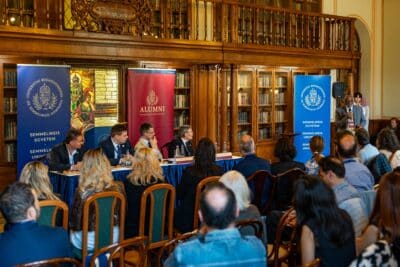 What helped you grow the most during your professional years?
What helped you grow the most during your professional years?
During my residency in traumatology, a great deal of research was being conducted on the management of muscle, tendon, and bone injuries. I gained invaluable experience from my teachers and colleagues at the Péterfy Hospital and the central traumatology hospital in Budapest.
How did your career unfold after your graduation?
I returned to Nigeria and was employed by the Anambra State Ministry of Health. I was posted to a rural hospital, which was a huge challenge. Having previously worked alongside professors in well-equipped facilities, it was difficult to suddenly work as a surgeon/traumatologist in a hospital without access to basic X-rays. Despite the limitations, I managed the trauma cases that came my way. After some years, I was transferred to a specialist hospital, where I could perform full trauma management with the necessary facilities.
Can you recall a situation in your career that was the most challenging to overcome?
I faced one of my biggest challenges after returning from Hungary, where I had worked with experienced professors and advanced facilities. In Nigeria, I was posted to a hospital where I was completely on my own – not only lacking adequate equipment but also having no one to consult when making critical decisions, especially during emergencies.
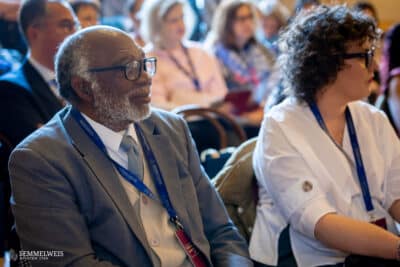 What’s your proudest achievement?
What’s your proudest achievement?
I take pride in passing on my surgical and trauma expertise to younger colleagues, especially by instilling in them the discipline and courage necessary to face difficult situations, which are common in trauma cases.
What would you recommend to people planning to work in the medical field?
A career in medicine requires discipline, understanding, and courage, but above all, faith.
What should medical students keep in mind when choosing to be a surgeon?
In addition to talent and skill, aspiring surgeons must have strong trust in God. This is because, in many cases, what appears in instrument readings may not match the reality during surgery.
Hanna Szekeres – Directorate of International Relations and Alumni Affairs
Photos by Boglárka Zellei – Directorate of Communication, Zoltán Liptai – Directorate of International Relations and Alumni Affairs
